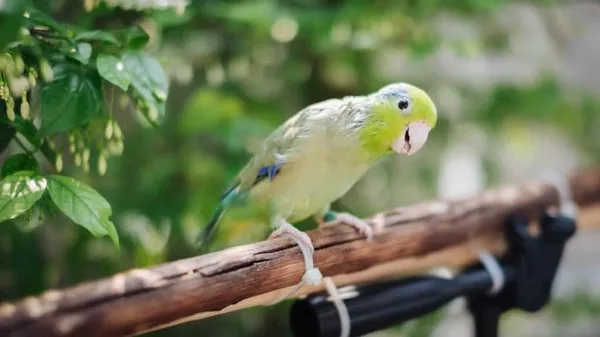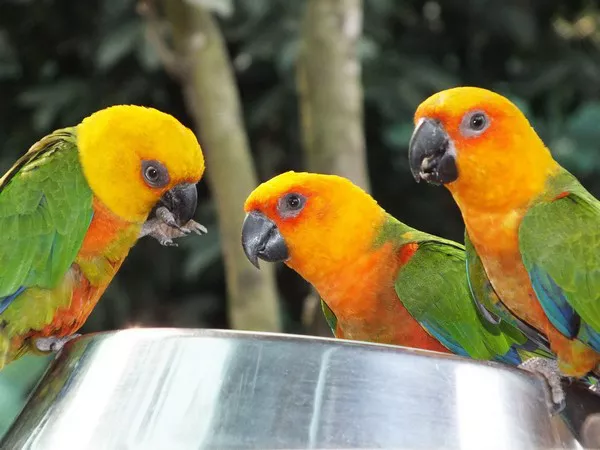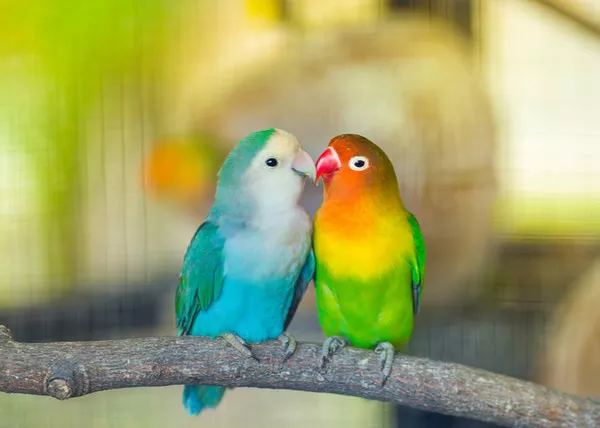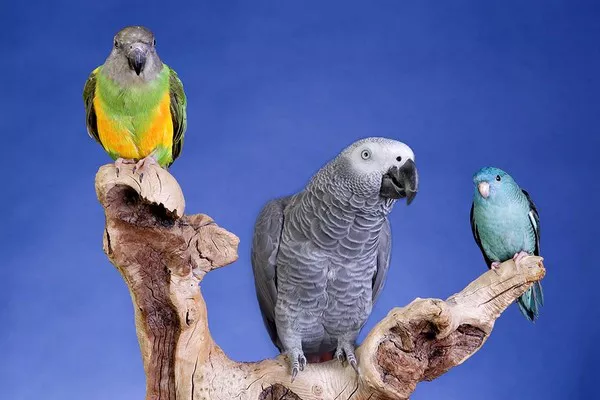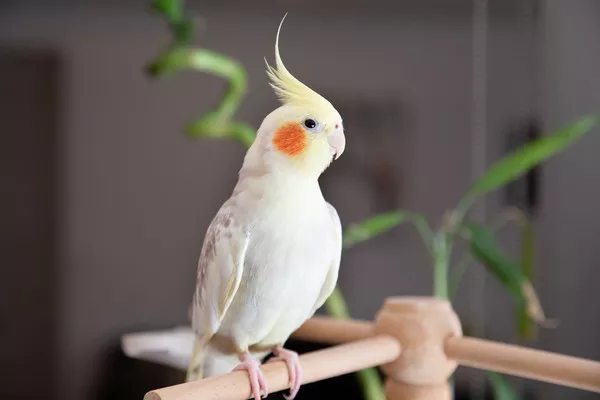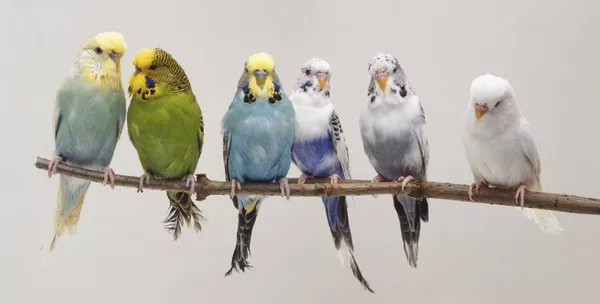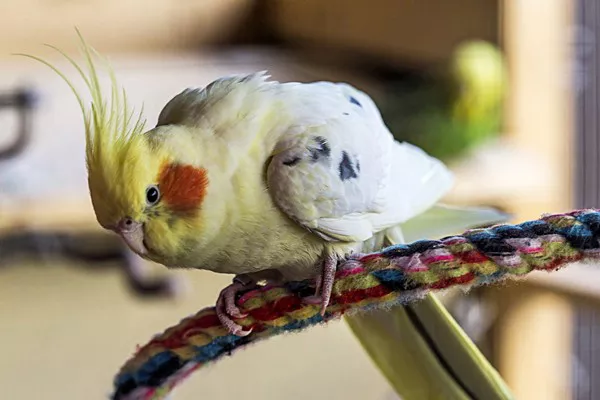African gray parrots are one of the most popular and beloved pet birds in the world. They are known for their intelligence, playful personalities, and incredible ability to mimic sounds and human speech. But one question that many people have when considering getting an African gray parrot is: how long do they live? In this article, we will explore the lifespan of African gray parrots and what factors can affect their longevity.
Average lifespan of African gray parrots
On average, African gray parrots live for around 40 to 60 years in captivity. This is a long lifespan compared to many other pet birds, which typically live for only a few years. In the wild, African gray parrots can live even longer, up to 70 years or more.
There are two subspecies of African gray parrots: the Congo African gray and the Timneh African gray. Congo African grays are generally larger and have a longer lifespan, with an average lifespan of around 50 to 60 years. Timneh African grays, on the other hand, are slightly smaller and have a shorter lifespan, with an average lifespan of around 40 to 50 years.
It’s important to note that these are just average lifespans, and individual African gray parrots can live longer or shorter than this depending on a variety of factors.
Factors that can affect the lifespan of African gray parrots
There are several factors that can affect the lifespan of African gray parrots, including:
- Genetics
One of the most important factors that affect the lifespan of African gray parrots is genetics. Genetics plays a significant role in determining the lifespan of any organism, and African gray parrots are no exception. Research has shown that certain genetic factors can increase the likelihood of certain health issues, which can ultimately reduce the lifespan of these birds.
- Environmental Factors
Another important factor that can affect the lifespan of African gray parrots is environmental factors. African gray parrots require specific environmental conditions to thrive, and factors such as temperature, humidity, and diet can all have an impact on their lifespan.
- Diet
African gray parrots require a varied diet that is high in nutrients, vitamins, and minerals. A poor diet can lead to a range of health issues, including malnutrition, which can ultimately reduce the lifespan of these birds. It is important to provide African gray parrots with a diet that is rich in fresh fruits and vegetables, as well as high-quality parrot pellets.
- Stress
Stress can also have a significant impact on the lifespan of African gray parrots. These birds are highly intelligent and require mental stimulation to thrive. A lack of mental stimulation can lead to boredom and stress, which can have a negative impact on their health and ultimately reduce their lifespan. It is important to provide African gray parrots with toys, puzzles, and other forms of mental stimulation to keep them happy and healthy.
- Health Issues
Like all living organisms, African gray parrots are susceptible to a range of health issues. Some of the most common health issues that can affect these birds include respiratory infections, psittacosis, and avian pox. These health issues can significantly impact the lifespan of African gray parrots, which is why it is important to provide them with regular veterinary care and to monitor their health closely.
Tips for promoting a long and healthy life for your African gray parrot
If you want to ensure that your African gray parrot lives a long and healthy life, there are several things you can do:
- Provide a healthy diet: Offer a variety of fresh fruits and vegetables, high-quality pellets, and limited amounts of seeds and nuts.
- Create a stimulating environment: Provide plenty of toys, perches, and social interaction to keep your African gray parrot engaged and entertained.
- Offer regular veterinary care: Schedule regular check-ups with a qualified avian veterinarian to detect and treat health problems early.
- Minimize stress: African gray parrots are sensitive creatures and can become stressed easily. Minimize stress by providing a quiet and calm environment, avoiding sudden changes, and keeping your parrot’s routine consistent.
- Practice good hygiene: Regularly clean your African gray parrot’s cage and accessories, and provide fresh food and water daily to prevent the spread of disease.
In conclusion, African gray parrots are long-lived and beloved pets that can bring joy and companionship to their owners for many decades. By providing a healthy diet, stimulating environment, regular veterinary care, and minimizing stress, you can help ensure that your African gray parrot lives a long and healthy life.
Recommended reading: Feeding Your African Grey Parrot: What You Need to Know


